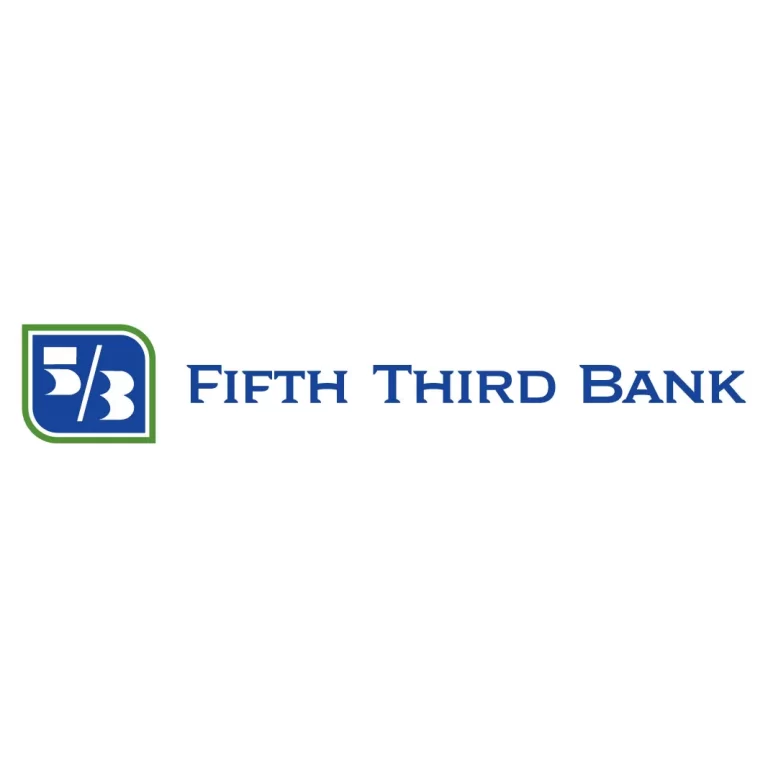
Just because you’re still in college doesn’t mean that you can’t start protecting your financial future. In fact, the earlier you start, the better.
After all, most college students graduate with a large amount of debt, with the average student taking nearly $29,000 in loans to complete a four-year degree. That, in addition to other out-of-pocket college expenses and poor financial decisions, can leave new graduates with low credit scores, tons of debt, and an empty bank account.
But it isn’t just your bank balance that is at risk. Many students fresh out of high school aren’t aware of the many threats targeting their financial security. This can put the money you do have at risk.
Keep reading to learn how you can start protecting your finances while attending college.
Protect Yourself from Identity Theft
When you first started thinking about a college, you likely researched the classes you’d take, where you might live, and what kinds of academic support your school offers.
But one thing that college students rarely think about is identity theft. In reality, it’s a topic that every student needs to know about because college students are at a greater risk of identity theft than other adults.
Older adults have more extensive purchasing histories, which allows credit card companies to better track their patterns and to spot a purchase that raises red flags. College students usually don’t have this lengthy financial history, making it much harder to spot fraudulent purchases. Criminals know this, and target college students for identity theft.
There are several ways that college students can protect themselves from identity theft.
Rethink Where You Keep Important Documents
Whether you live in a dorm, apartment, or shared a home, odds are that your college pad is an active gathering spot. Even if you think you do, odds are that you don’t know everyone that enters your space, or don’t know them that well.
If you leave important documents like financial information, credit cards, or paperwork that might contain your Social Security number or other personal info, you’re risking it falling into the wrong hands.
Protect your sensitive information and credit cards by always storing them in a secure place when you’ll be in your room for a while.
Choose Better Passwords
With so many logins to remember, it can be tempting for college students to use the same passwords over and over again. This only makes it that much easier for thieves to break into your bank account or steal your identity.
Don’t Give Out Your Information Without Verification
Another reason why college students end up the victims of identity theft so often is because they have to give out their information for legitimate purposes on a regular basis.
Criminals are getting smarter with their phishing scams, and learning to trick college students into thinking that they are calling from your college, your loan provider, or even from that summer job you applied to. You give out your information thinking that it’s your school or loan provider, and suddenly criminals have everything they need to steal your identity.
Set Up Fraud Alerts
Even if you follow all of the above tips for preventing identity theft, things happen. Setting up fraud alerts can help you find out the moment that they do. Some identity theft prevention services can even help you go the extra mile to protect your sensitive information in the first place.
Other Ways to Protect Your Financial Security
Besides protecting yourself from identity theft, there are a few other ways to safeguard your financial security while going to school.
A few simple habits that college students should adopt include:
- Avoiding credit card debt by keeping balances low, paying on time, and not signing up for more cards than you really need. Having a credit card in college can help you start building credit, but only if you use it responsibly.
- Take only the loans that you need. More than 10 percent of student loans owed right now are considered delinquent. Don’t let this happen to you.
- File your taxes. Many Americans get their first job while in college. If this is you, don’t forget that your new job also comes with a new responsibility.
Setting Yourself Up for Success
College isn’t just a great time to learn about your chosen profession. it’s also an excellent opportunity to start improving your financial knowledge before you have to start worrying about retirement accounts or a mortgage.



